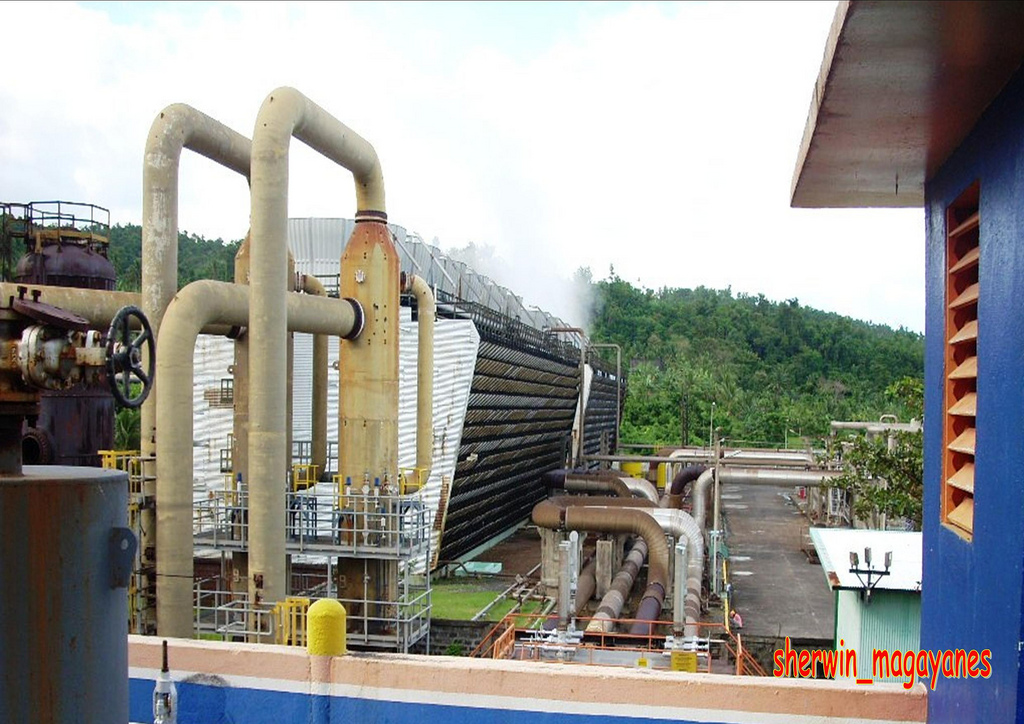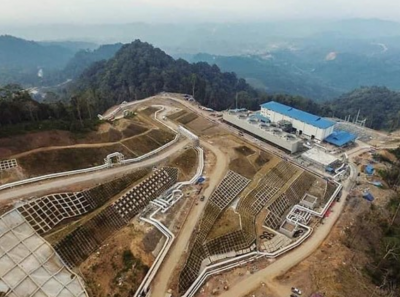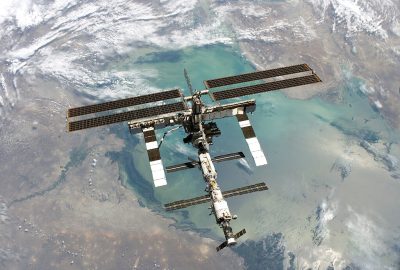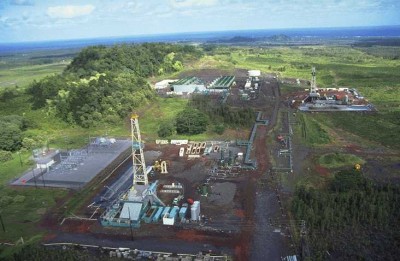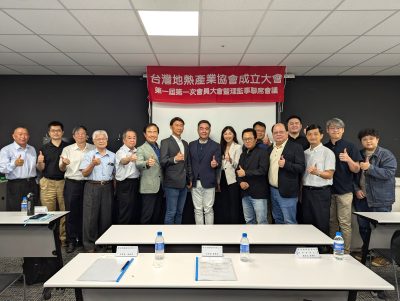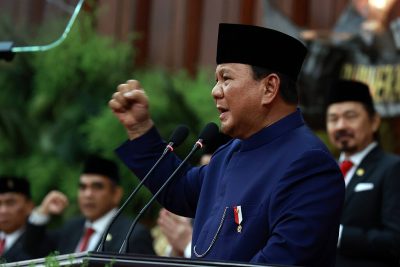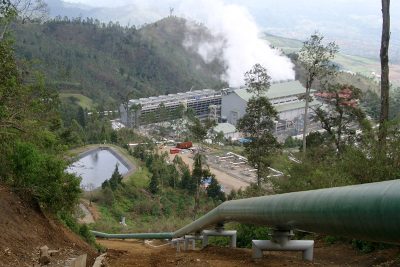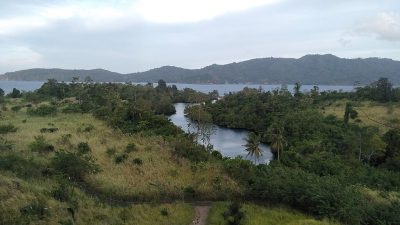Chevron plans aggressive development in Indonesia
The Indonesia subsidiary of U.S. energy firm Chevron, Chevron Pacific Indonesia expects to aggressively push for more geothermal power development in the country.
Reported from Jakarta/ Indonesia, “Chevron Pacific Indonesia, a unit of the US energy giant, expects to “aggressively” establish more geothermal power projects in the coming years.
Abdul Hamid Batubara, CPI’s president director, said the company’s goal was to boost power supply in Southeast Asia’s largest economy.
“Chevron will always bid for any geothermal tenders offered by local governments in Indonesia,” he told the Jakarta Globe in an exclusive interview on Tuesday.
“Indonesia has huge potential in geothermal [energy] and Chevron will be aggressive in developing power plants.”
CPI was awarded a permit to explore and develop a geothermal field on the southern tip of Sumatra on Dec. 6.
It has already started exploration of the Suoh-Sekincau geothermal field in the West Lampung district of Lampung, according to Hamid.
He declined to comment on the cost of the exploration or the potential output from the field.
Chevron Geothermal Suoh-Sekincau is 95 percent-controlled by Chevron, while its Indonesian partner, Austindo Nusantara Jaya, holds a 5 percent stake.
The oil giant currently operates two geothermal projects in West Java that supply more than 630 megawatts of renewable energy.
The Lampung province Web site says Suoh-Sekincau boasts 430 MW of power.
Hamid said Chevron already sold electricity to state-owned utility Perusahaan Listrik Negara at a “competitive price, selling power at 7 cents per kilowatt hour — cheaper than the 9.7 cents per kwh that other geothermal power producers charge.”
“This is our strength. Our selling price is competitive,” he said. “We have experience through our West Java projects.”
However, Hamid expressed some concern over the tender process in Indonesia’s power-generation projects.
“In the Rantau Dedap geothermal field, for instance, we failed to win the tender because we did not have $10 million as a deposit, even though we are already a big company anyway,” the president director said.
Indonesia has an estimated potential of 28.53 gigawatts of geothermal reserves, according to data from the Energy Ministry. Of that figure, only around 4 percent or 1,189 megawatts has been tapped.
Given such room for growth, Hamid said there was plenty of opportunity to develop the country’s geothermal resources.”
Source: The Jakarta Globe
